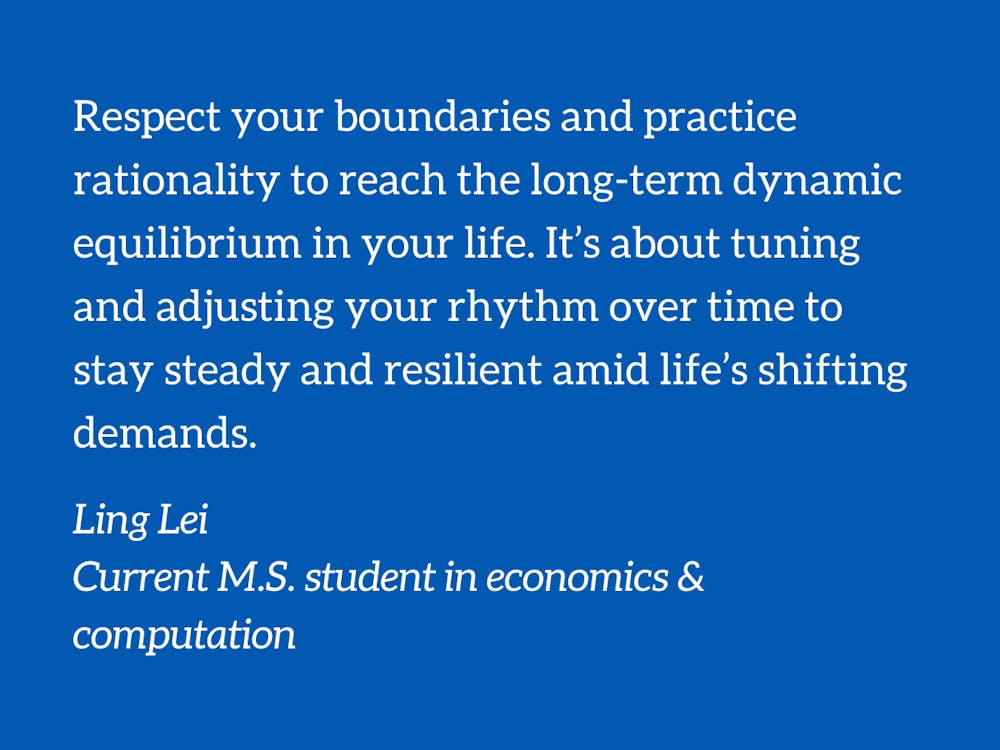How many nights have you found yourself lying awake, with worries piling up like papers on a desk, wondering how much more you can handle? I know the feeling all too well. There was a time when I believed I could power through anything, that pushing myself harder, sleeping less, and taking on more would eventually lead me to success. I told myself I was being strong, resilient, even rational. But deep down, I felt like a spring pulled too tight, no longer able to bounce back.
It’s strange, the things we ignore when it comes to ourselves. One winter morning, I struggled to get my car started. The engine groaned in protest, and I realized it simply needed a moment to warm up before it could function. I suddenly saw the parallel: I was expecting my body and mind to perform without any break, like a machine forced to run without pause or maintenance. With our cars, we know better; we wouldn’t drive them hard in freezing weather without warming them up first. We wouldn’t expect them to run on empty, without oil changes or without regular care. We do these things to keep them running smoothly, to keep them on the road for years. So why do we so often treat ourselves with less care?
Economics, surprisingly, has a lesson for this. There’s a principle of rationality that helps guide choices within boundaries, maximizing what we can achieve without crossing those personal limits. It’s simple, in theory: know your limits and make choices that respect them, allowing you to perform at your best. And yet, this principle is hard to put into practice. Life’s pressures — grades, career ambitions, social expectations — push us to go beyond what we know is healthy. We stay up late, skipping meals, working through exhaustion, telling ourselves, “just a little more.” We create a short-term equilibrium, just barely holding it together, hoping it will be enough.
But what about the long term? Imagine yourself as a car you want to keep running smoothly for many years. You wouldn’t wait until it broke down to take it in for service. You’d fill the tank with good fuel, invest in quality repairs, take it easy when needed, and listen for warning signs. You’d want it to last, not just for today but for all the journeys ahead. Life isn’t so different. When we push ourselves too hard for too long, there comes a point where we lose more than we gain; that fragile equilibrium eventually snaps. We risk losing our well-being, our joy, even our sense of purpose.
At a place like Duke, where the pace is fast and the bar high, it’s easy to overlook the importance of long-term balance. We’re surrounded by brilliant, driven peers, and the pressure to keep up can feel overwhelming. But if there’s one thing economics has shown me, it’s that we have the power to be rational — to choose balance. The concept of “long-term equilibrium” invites us to think differently about success. We can honor our limits, set boundaries, take time to rest and refuel and build resilience for the years ahead. In doing so, we create not just a sustainable pace but a fulfilling one, where we don’t just survive but actually thrive.
To my peers, I offer this thought: consider what balance looks like for you. Try thinking of equilibrium not as a static state, but as a rhythm you tune and adjust over time, a way to keep yourself steady amid life’s demands. In acknowledging our limits, we’re not giving up on ambition; we’re building a foundation strong enough to carry us forward. By practicing rationality and honoring our boundaries, we reach a place where success isn’t just a moment, but a journey we can enjoy for the long haul. That’s the power of long-term equilibrium — the chance to grow, achieve and find peace in a way that lasts.
Ling Lei is a current master’s student in the economics and computation program at Duke.
Get The Chronicle straight to your inbox
Sign up for our weekly newsletter. Cancel at any time.

